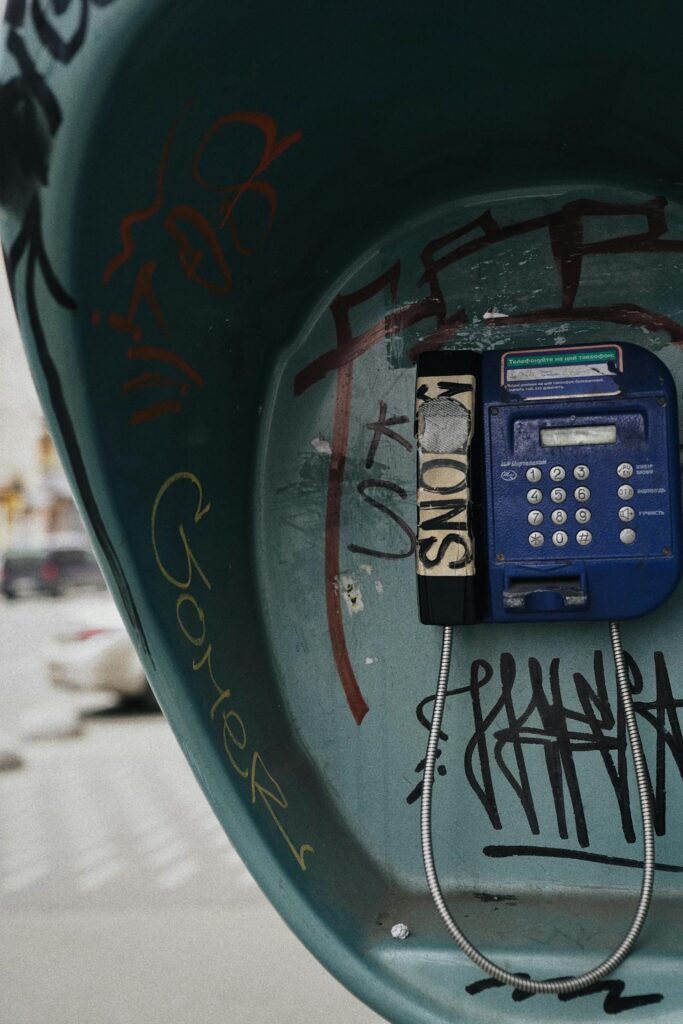In today’s digital age, scam calls have become an increasing threat to individuals and businesses alike. One such notorious scam is the 7032602358 scam call. This article delves deep into understanding this scam, recognizing its signs, and taking proactive measures to protect oneself.
What is a Scam Call?
Scam calls are fraudulent calls made with the intent to deceive the receiver into providing personal information or money. These calls often appear to be from legitimate sources, making it harder to identify them. Examples include calls claiming to be from banks, government agencies, or tech support.
Recognizing the 7032602358 Scam Call
How can you identify the 7032602358 scam call? Key indicators include unexpected calls, pressure to act quickly, requests for personal information, and threats of legal action. Common tactics used by scammers involve impersonating authorities or familiar companies, using technical jargon, and exploiting trust.
Real-Life Examples
Victims of the 7032602358 scam call have reported various experiences. One common scenario involves the scammer claiming to be from a tech support team, stating that there is a problem with the victim’s computer. They then request remote access or sensitive information. The impact of these scams ranges from financial loss to emotional distress.
How Do Scammers Get Your Number?
Scammers obtain phone numbers through multiple channels, including data breaches, online purchases, and public records. Online sources like social media and unsecured websites also contribute to the availability of personal information.
Why Do People Fall for Scam Calls?
Scammers use psychological tricks such as creating a sense of urgency, fear, and trust to deceive people. Lack of awareness and unfamiliarity with such tactics often lead individuals to fall prey to these scams.
Steps to Take If You Receive a Scam Call
If you receive a scam call, immediately hang up and do not engage with the caller. Report the call to your phone service provider and relevant authorities. It’s essential to inform others about the scam to prevent further victims.
Protecting Yourself from Scam Calls
Protecting yourself from scam calls involves using caller ID services, not answering unknown numbers, and blocking unwanted calls. Utilizing call-blocking apps and updating phone settings can also help mitigate the risk.
Legal Actions Against Scam Callers
Legal measures against scam callers include strict laws and regulations designed to combat such frauds. Filing a complaint with the Federal Trade Commission (FTC) or local consumer protection agencies can lead to investigations and potential legal actions against scammers.
Technological Solutions to Combat Scam Calls
Several technological solutions are available to combat scam calls. Apps and services such as Truecaller and Hiya help identify and block scam calls. Network-based solutions offered by telecom providers also play a significant role in preventing these calls.
Educating Others About Scam Calls
Raising awareness about scam calls is crucial. Community programs and online resources can educate people about the risks and signs of scam calls, promoting a more informed and cautious public.
Conclusion
The 7032602358 scam call is a significant threat that requires vigilance and proactive measures. By recognizing the signs, taking immediate action, and using available resources, individuals can protect themselves from falling victim to such scams. Stay informed, stay cautious, and spread the word to safeguard your community.

